Amid South Korea's ongoing political and medical crisis, a female heart failure patient who later suffered a cardiac arrest was rejected by 22 hospitals before finally being admitted to a hospital more than 100km away.
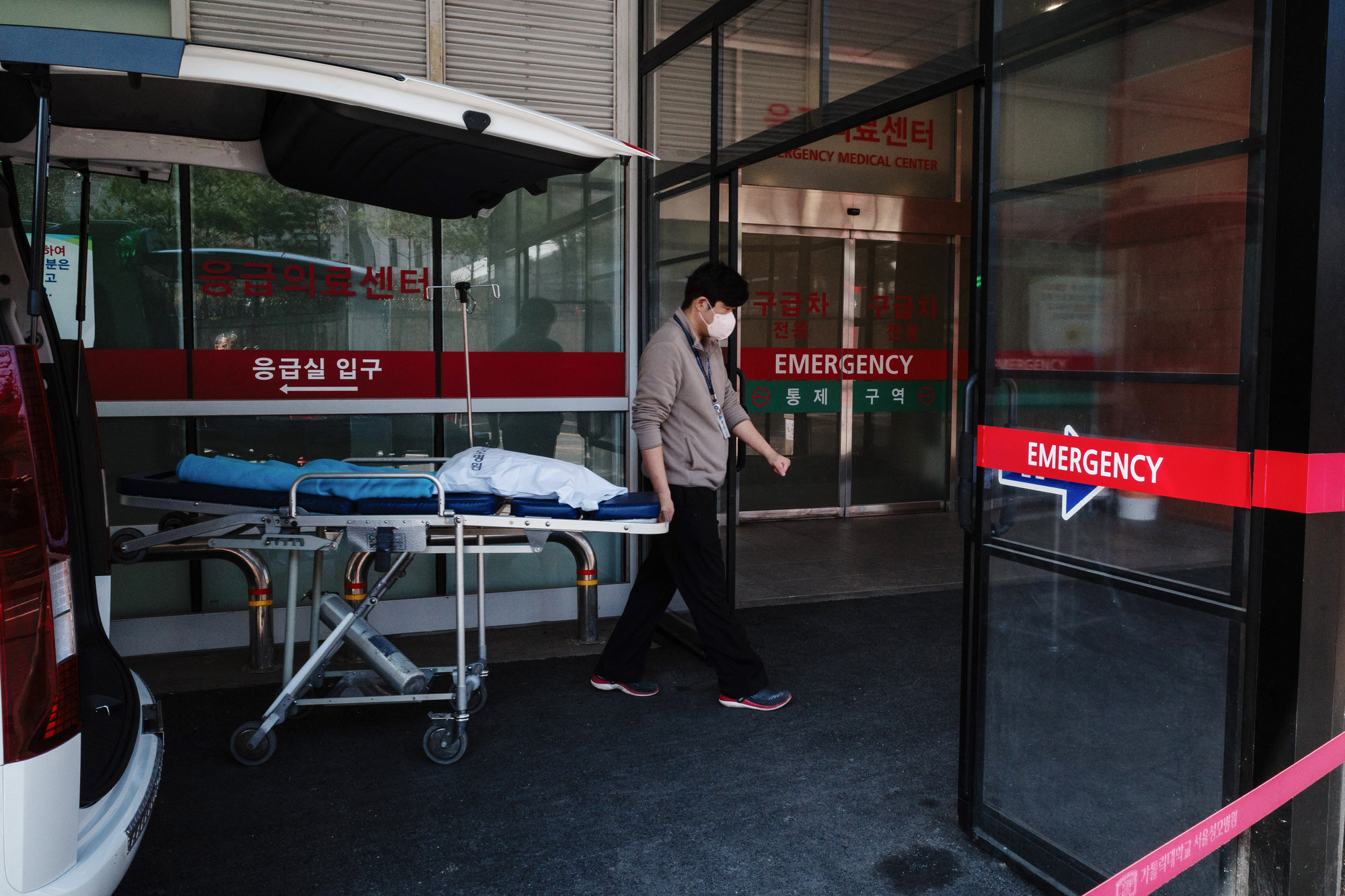
The medical strike in South Korea broke out in February 2024, and to date no agreement has been reached between the two sides - Photo: AFP
A female heart failure patient was refused treatment at 22 hospitals before being admitted to a hospital more than 100km away, marking another case of an urgent patient being unable to receive the care she needed amid a medical strike and political crisis in South Korea, the Straits Times reported on January 9.
Accordingly, emergency services in Cheongju, 112km south of the capital Seoul, received a report from a man at around 2pm on January 7, saying that his girlfriend had stopped breathing.
Upon arrival, medical staff said the patient, about 30 years old, had almost stopped breathing despite her boyfriend having performed CPR.
The woman suffered sudden heart failure while drinking alcohol and was determined to need emergency care.
Rescuers quickly contacted 22 hospitals in North and South Chungcheong Provinces as well as the Seoul area. However, all hospitals refused to accept the patient, citing a lack of specialists or resources such as medical equipment, rooms, or personnel needed for treatment.
Three hours after her cardiac arrest, the female patient was admitted and treated at Suwon Hospital in Gyeonggi Province, 100km away.
Medical staff said the patient's condition was critical at the time, and she only regained consciousness before arriving at Suwon Hospital.
After being resuscitated, the female patient had problems communicating. Doctors are currently monitoring to see if the heart failure has left any lasting damage such as paralysis.
A strike by doctors in South Korea broke out in February 2024, protesting the government 's plan to increase medical student enrollment quotas.
The standoff has led to severe staffing shortages at hospitals, with growing reports of urgent patients being denied treatment.
Between February 19 and August 25, 2024, there were 3,071 cases of emergency patients being refused treatment by hospitals. During this period, the number of patients refused treatment increased by 46.3% compared to the same period before the strike began.
South Korea's health crisis has lasted nearly a year, and shows no signs of ending. The country's political turmoil has made the problem even more difficult and difficult to resolve.
Source: https://tuoitre.vn/benh-nhan-suy-tim-ngung-tim-bi-22-benh-vien-tu-choi-o-han-quoc-20250110114235611.htm







![[Photo] General Secretary To Lam attends the 80th Anniversary of the Cultural Sector's Traditional Day](https://vstatic.vietnam.vn/vietnam/resource/IMAGE/2025/8/23/7a88e6b58502490aa153adf8f0eec2b2)

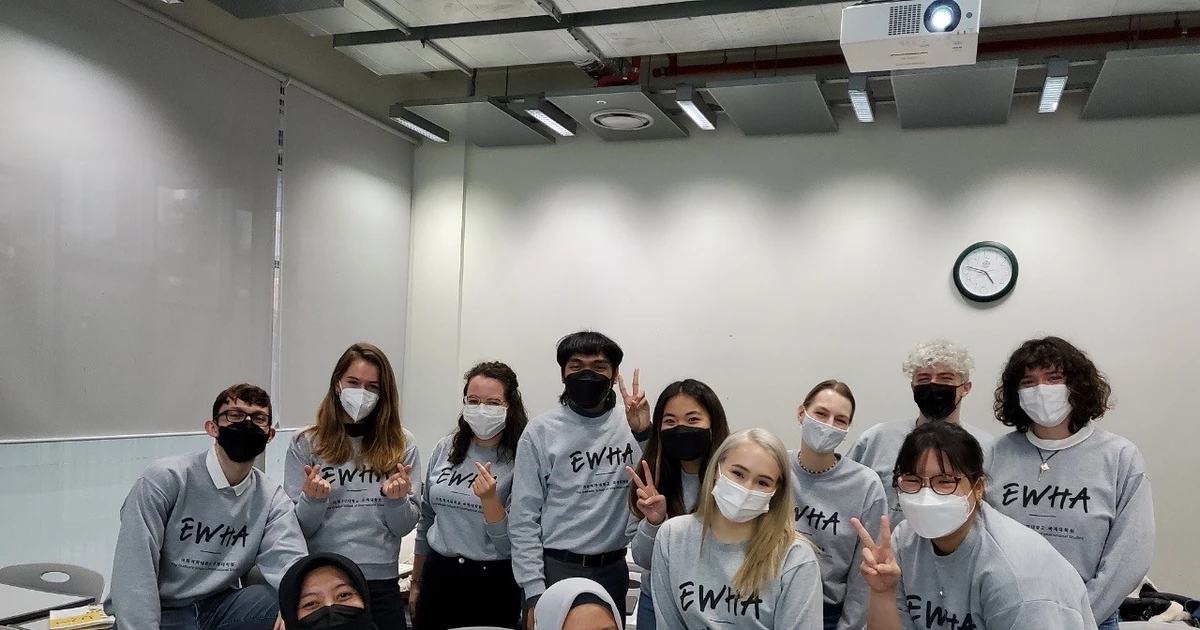








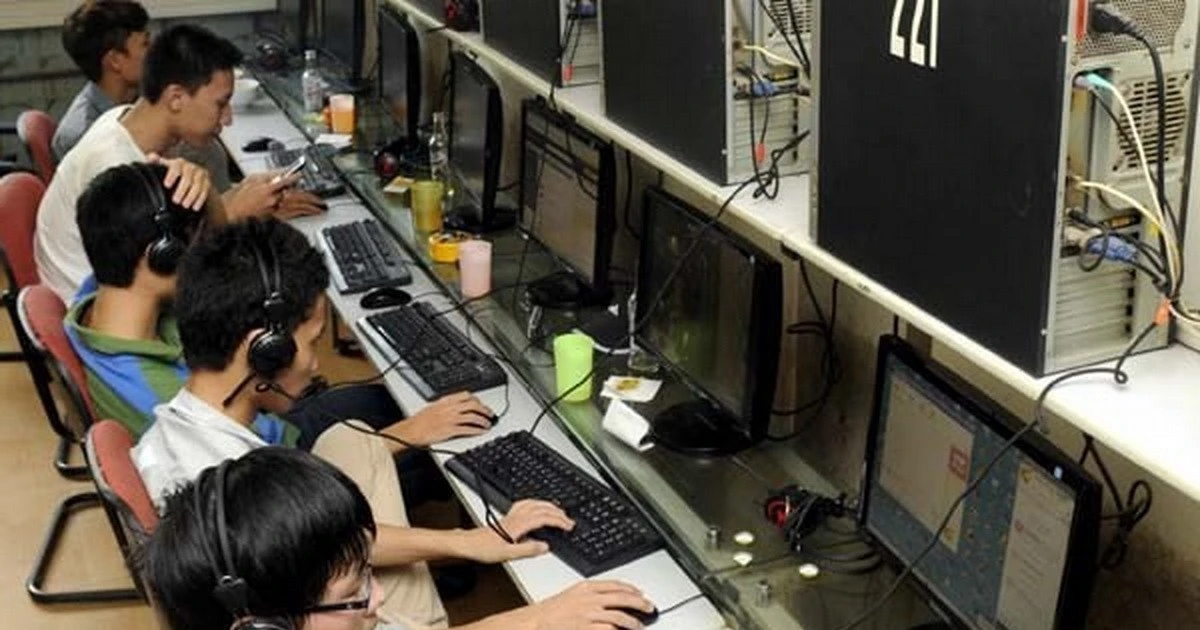

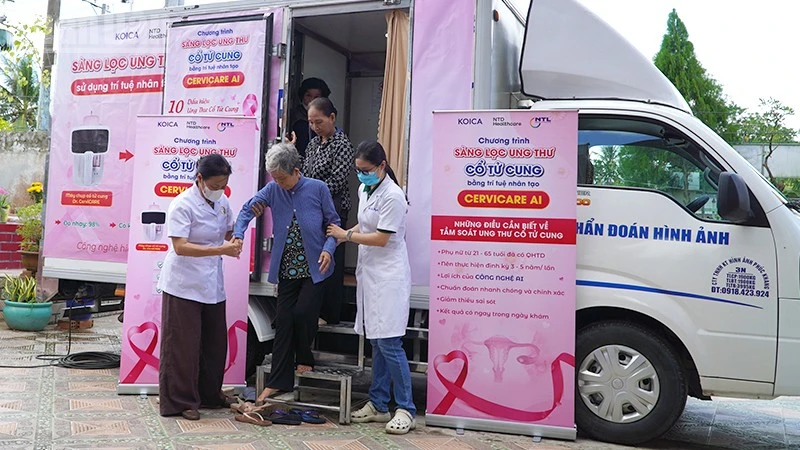



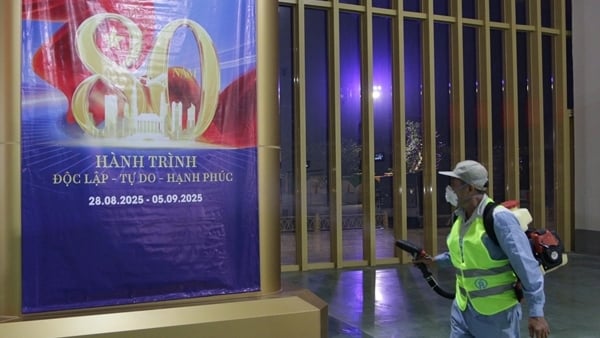

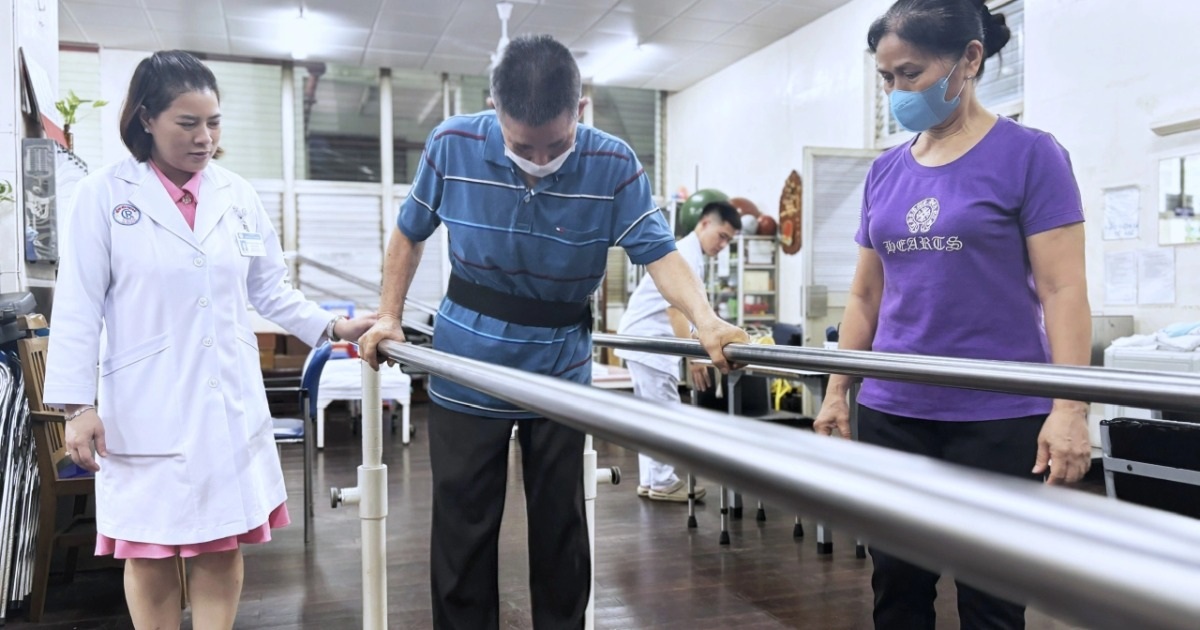


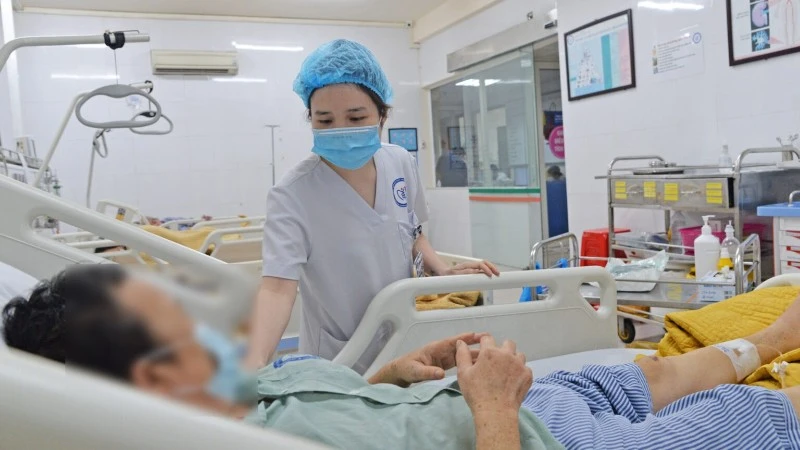






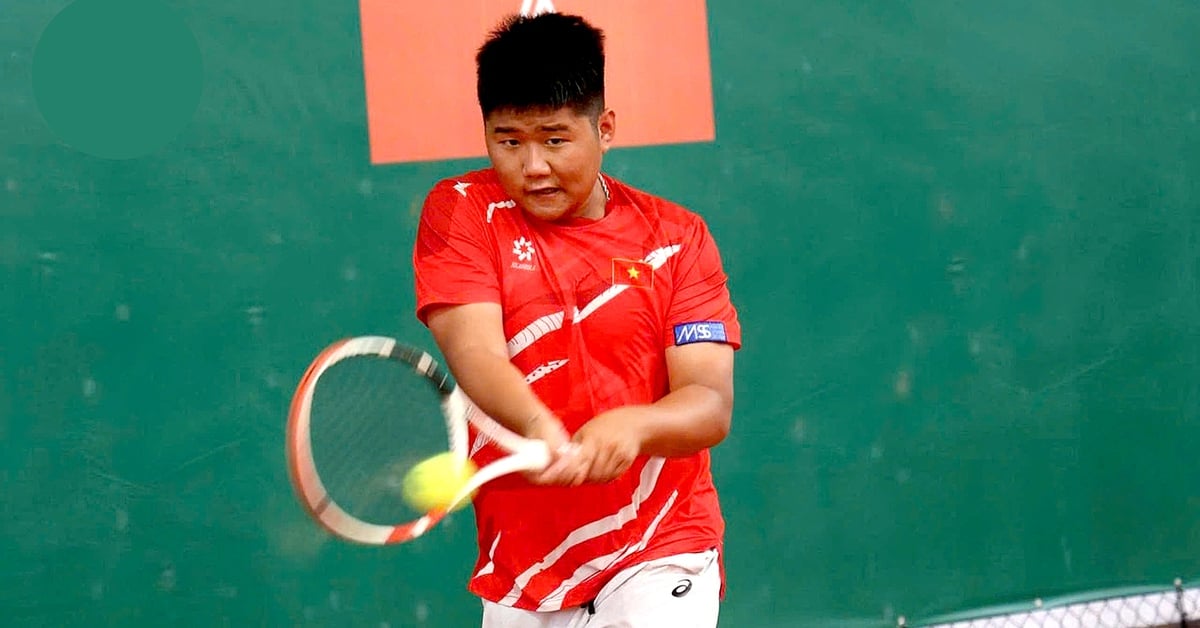








































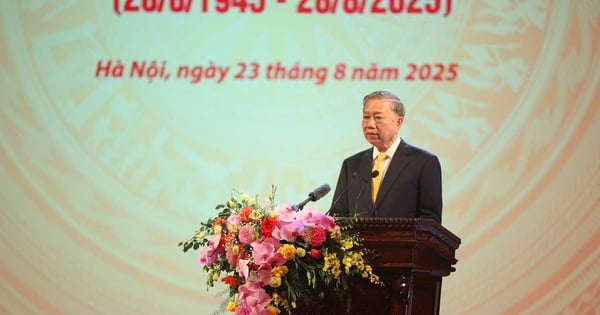
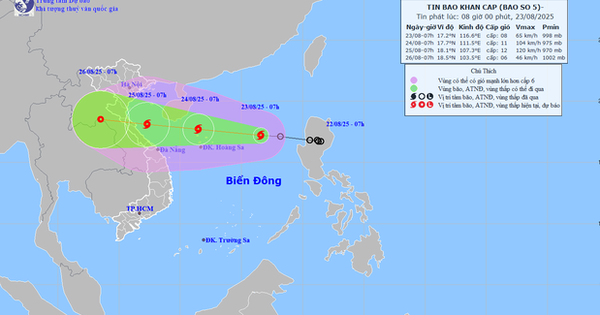



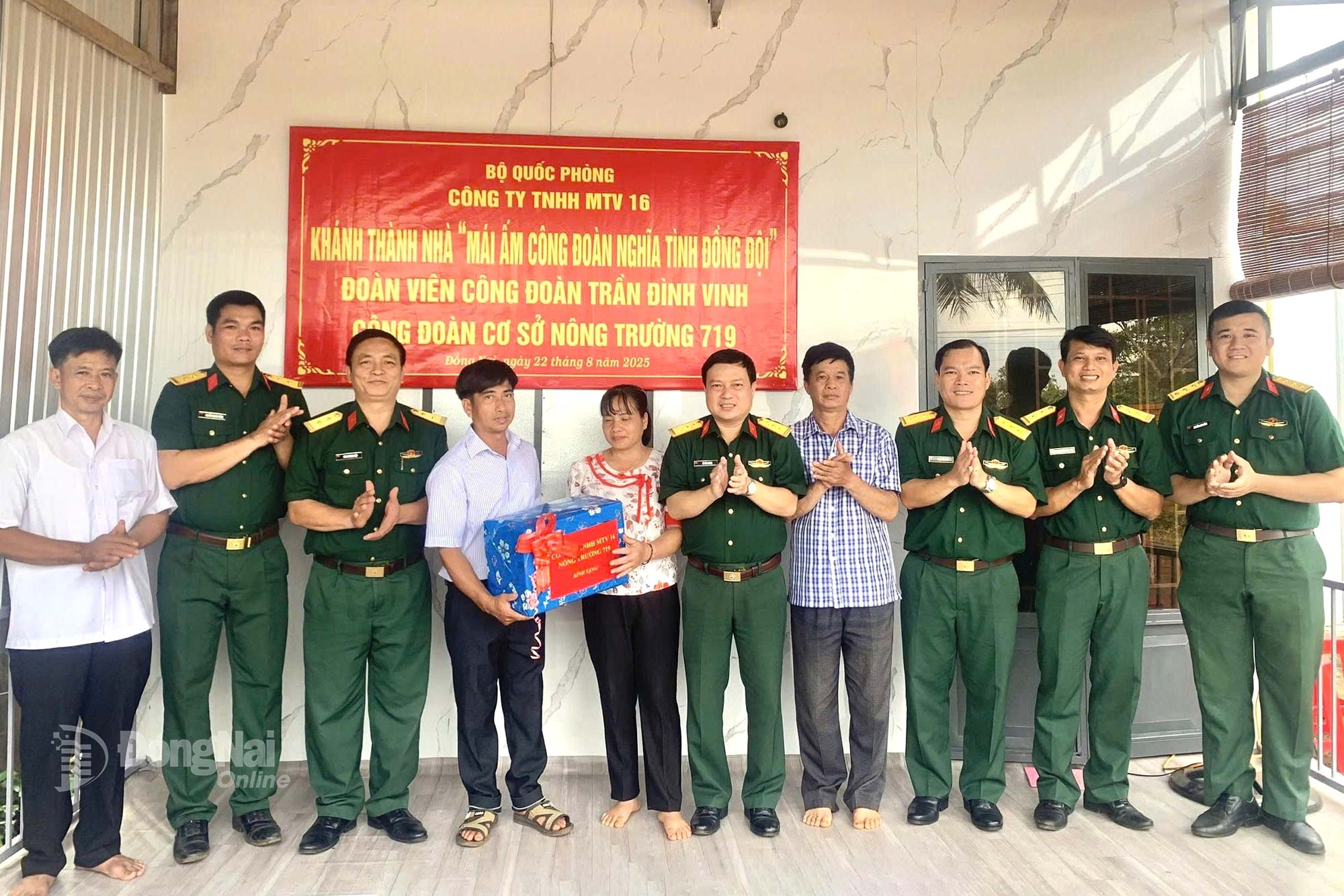
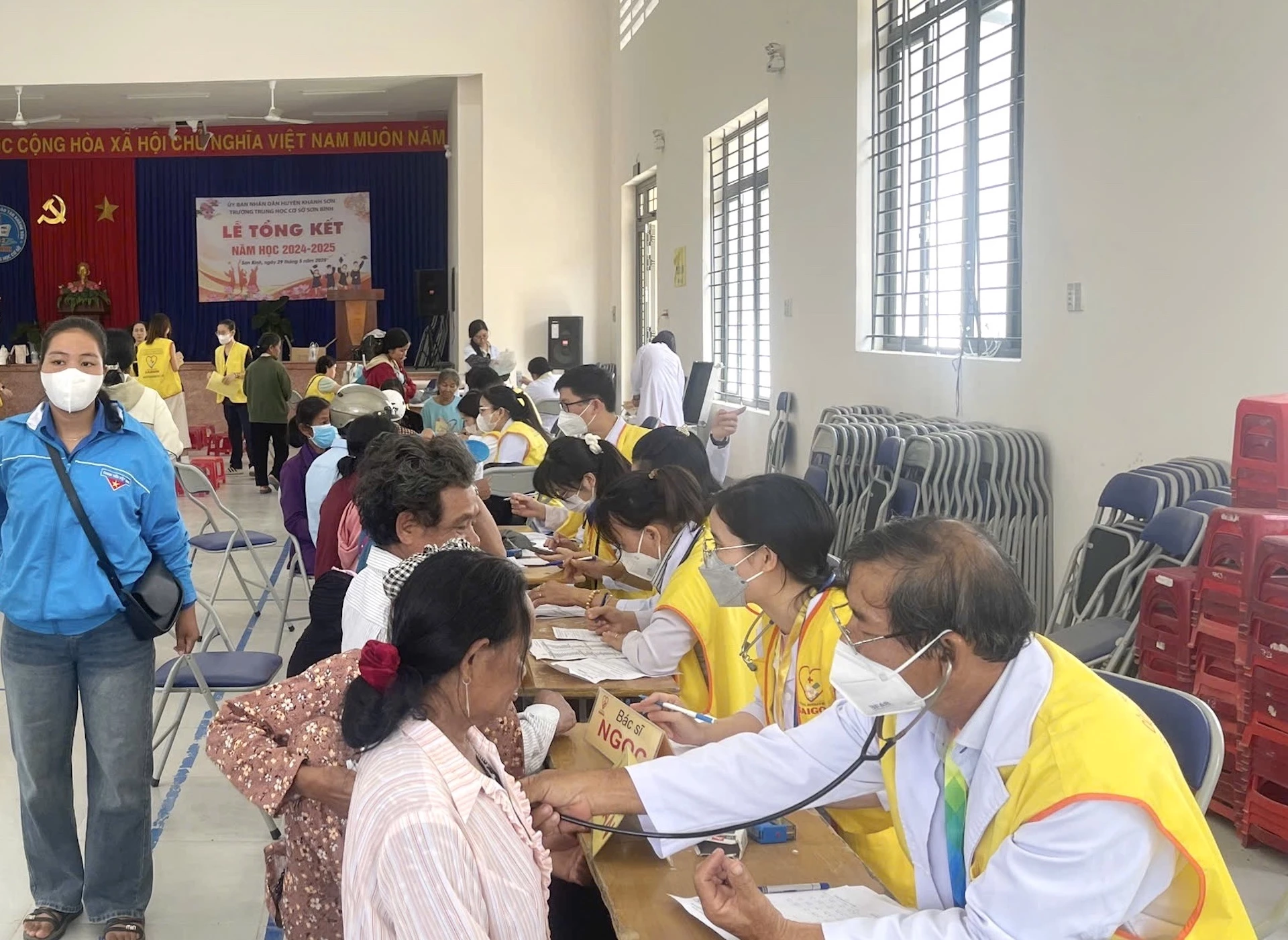

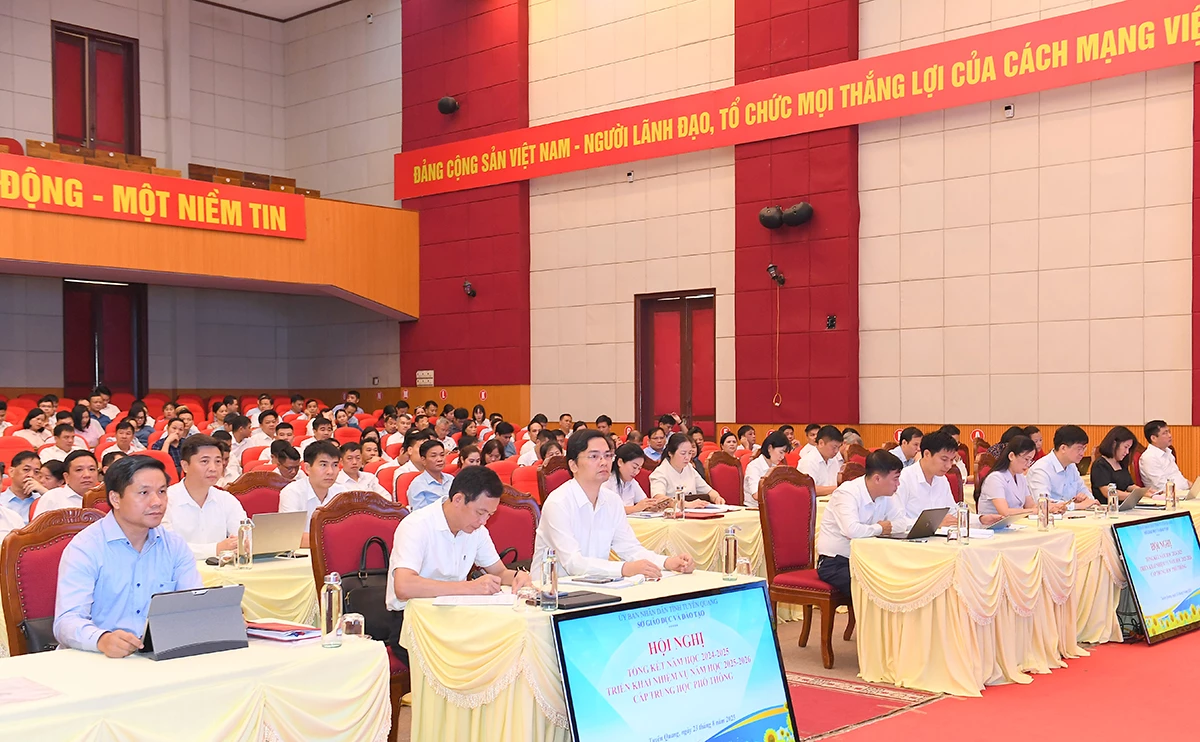
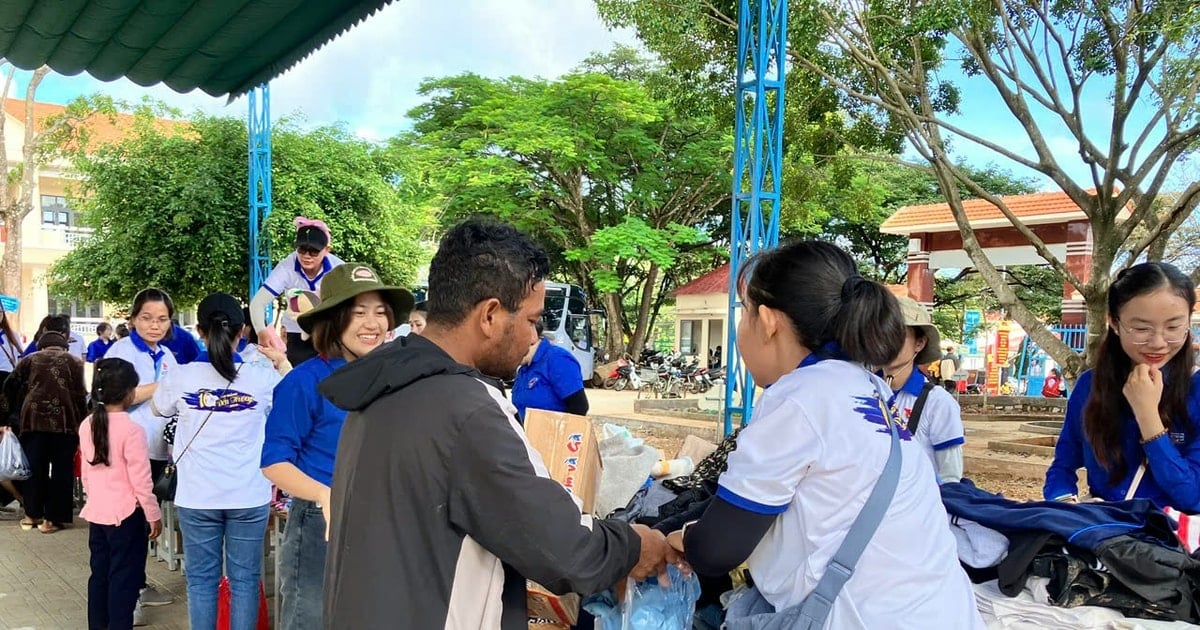

















Comment (0)